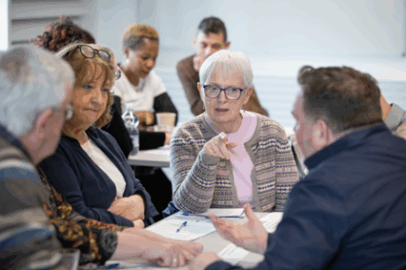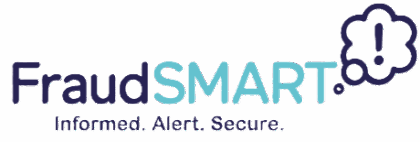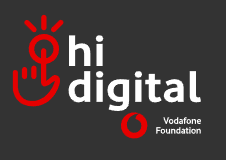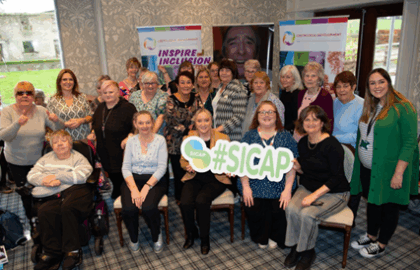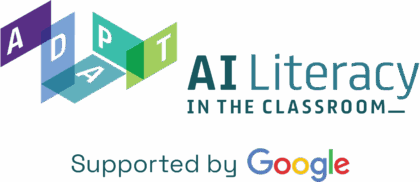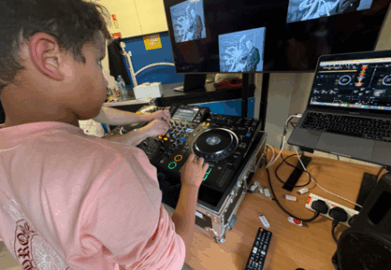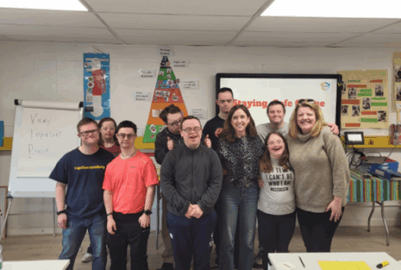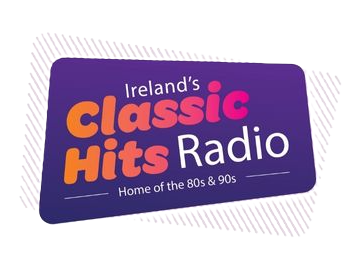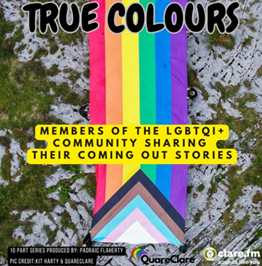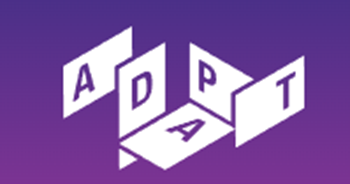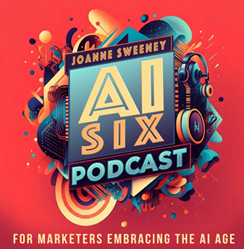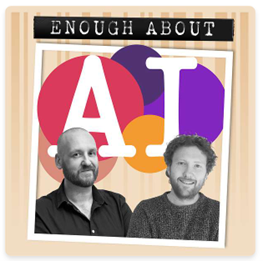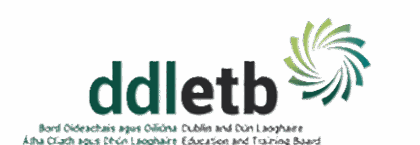Best Media Literacy Initiative for Young People Shortlist
The judges for this category were:
- Philip Arneill, CyberSafeKids
- Jayne Foley, Fresh Film
- Pete Moles, Emerging Limerick Filmmakers
The shortlist is as follows:
Algowatch
A project by by Aphra Kerr, UCD and the ADAPT Centre, in collaboration with Savoir Devenir, Maynooth University, Association for Communication and Media Culture-DKMK, and Iscte University Institute of Lisbon

Algowatch is an online game developed for young people to discuss the topic of algorithms, AI and disinformation, and is available in multiple languages.
What the judges said: ‘Given the topicality of algorithms, AI and disinformation, this is a novel and timely initiative that tackles the urgent issue of disinformation through AI workshops and international collaboration, making it both relevant and impactful.’
Creative Media Passport
A project by Createschool
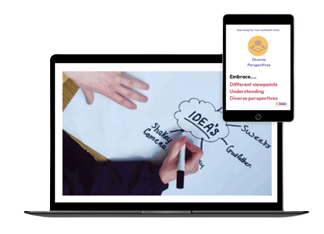
Creative Media Passport is a self-paced learning framework, tied to the curriculum, which offers Transition Year students a flexible and engaging way to explore media literacy and build core competencies in digital storytelling, media analysis and responsible content creation.
What the judges said: ‘This is very credible and well-structured initiative that connects digital citizenship with ethics, offering young people a flexible and engaging way to explore media literacy. The flexible, self-paced learning framework makes learning both meaningful and accessible.’
Creative Technology Week 2025
A project by Kinia
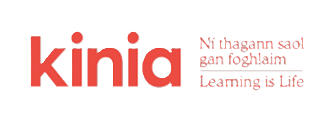
Creative Technology Week, or Tech Féile, is an event that showcases Kinia’s work in schools. This hands-on event, which takes place in English and as Gaeilge, explores digital skills and technology in a process-driven way.
What the judges said: ‘This hands-on, child-centred, initiative engages participants creatively while making the exploration of digital skills and technology accessible and relevant to all the communities involved.’
Dismiss the Noise Conference
A project by SLí, Europe Direct Waterford and South Tipperary Youth Information Centre, and Waterford Libraries
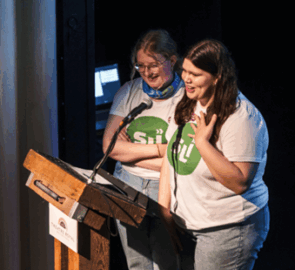
Taking place in Waterford, this one-day conference brought together over 400 young people from the South East of Ireland to raise awareness of the presence and problems of mis/disinformation in the lives of young people.
What the judges said: ‘Dismiss the Noise is an excellent example of a strong regional initiative that provided an empowering first step into media literacy. Created for young people, by young people, this project also demonstrated meaningful collaboration with a range of local organisations to showcase diverse voices and increase the reach and relevance of the subject matter.’
Webwise Safer Internet Day Ambassador Programme
A project by Webwise
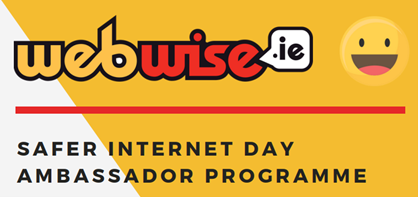
This peer-led programme invites young people to become Safer Internet Day Ambassadors for their schools. Through training, this programme empowers young people to be leaders in their school promoting online safety.
What the judges said: ‘This long-running programme demonstrates a very inclusive approach which connects schools, youth panels and EU networks, while providing accessible resources that make a real impact.’





